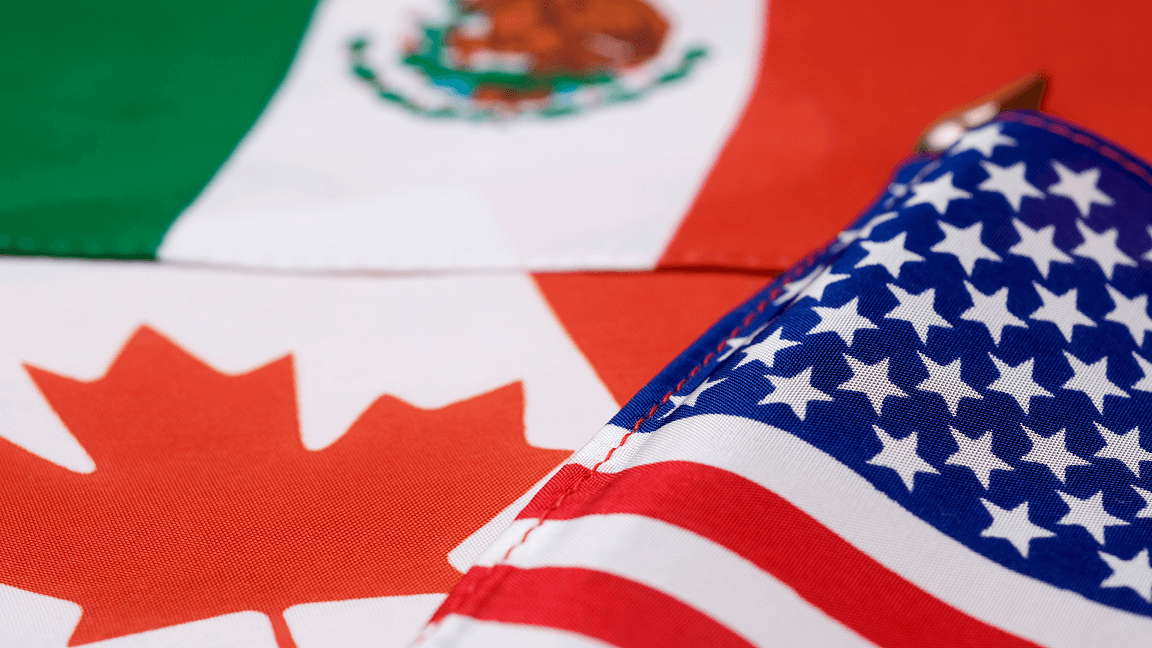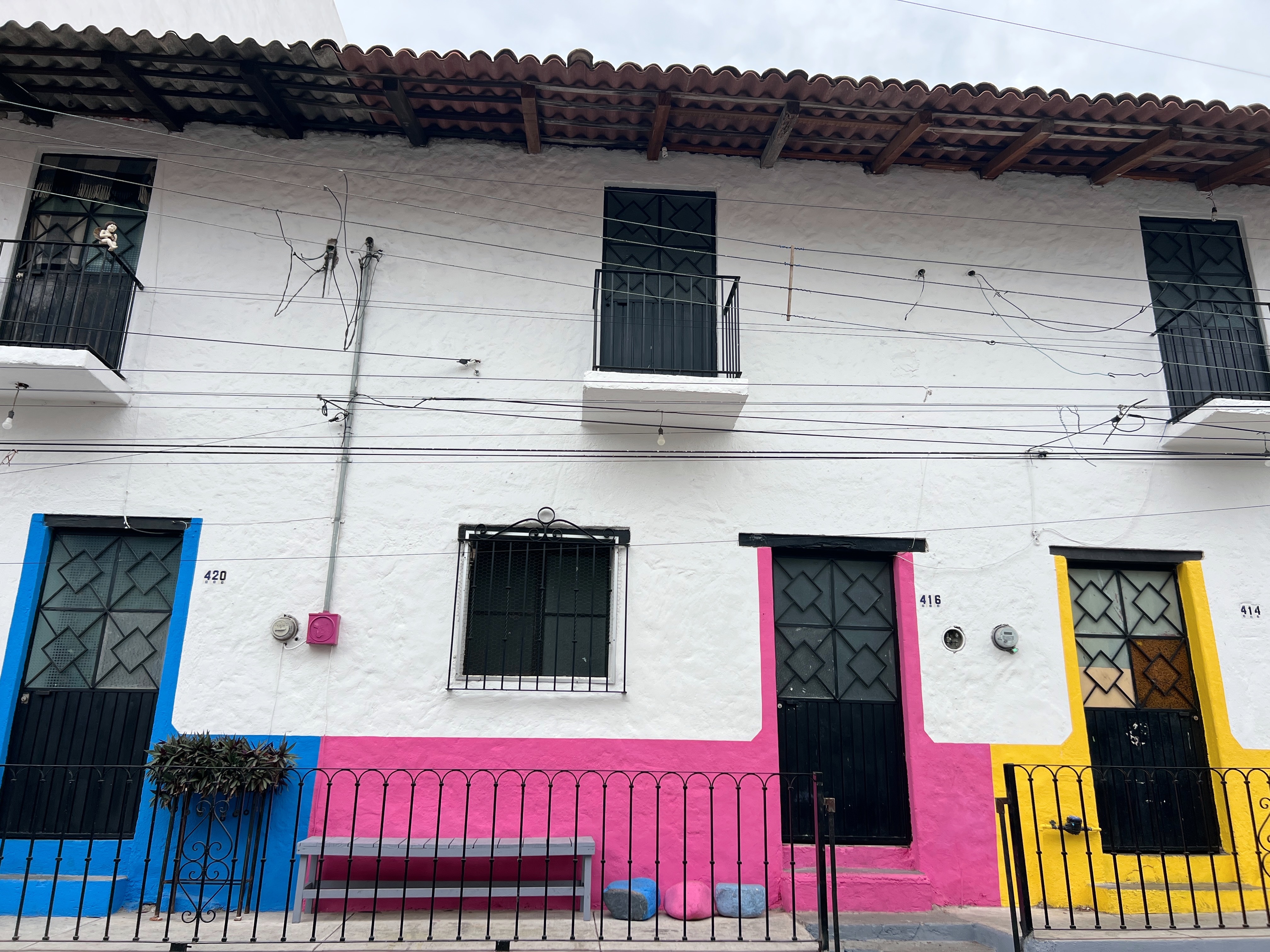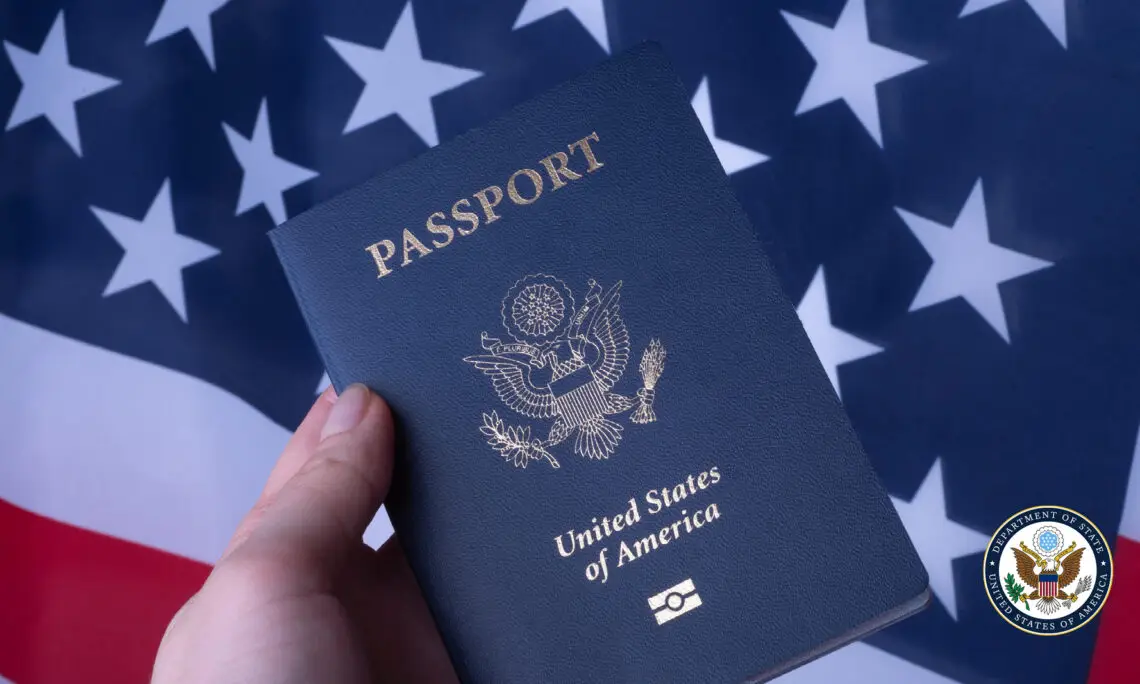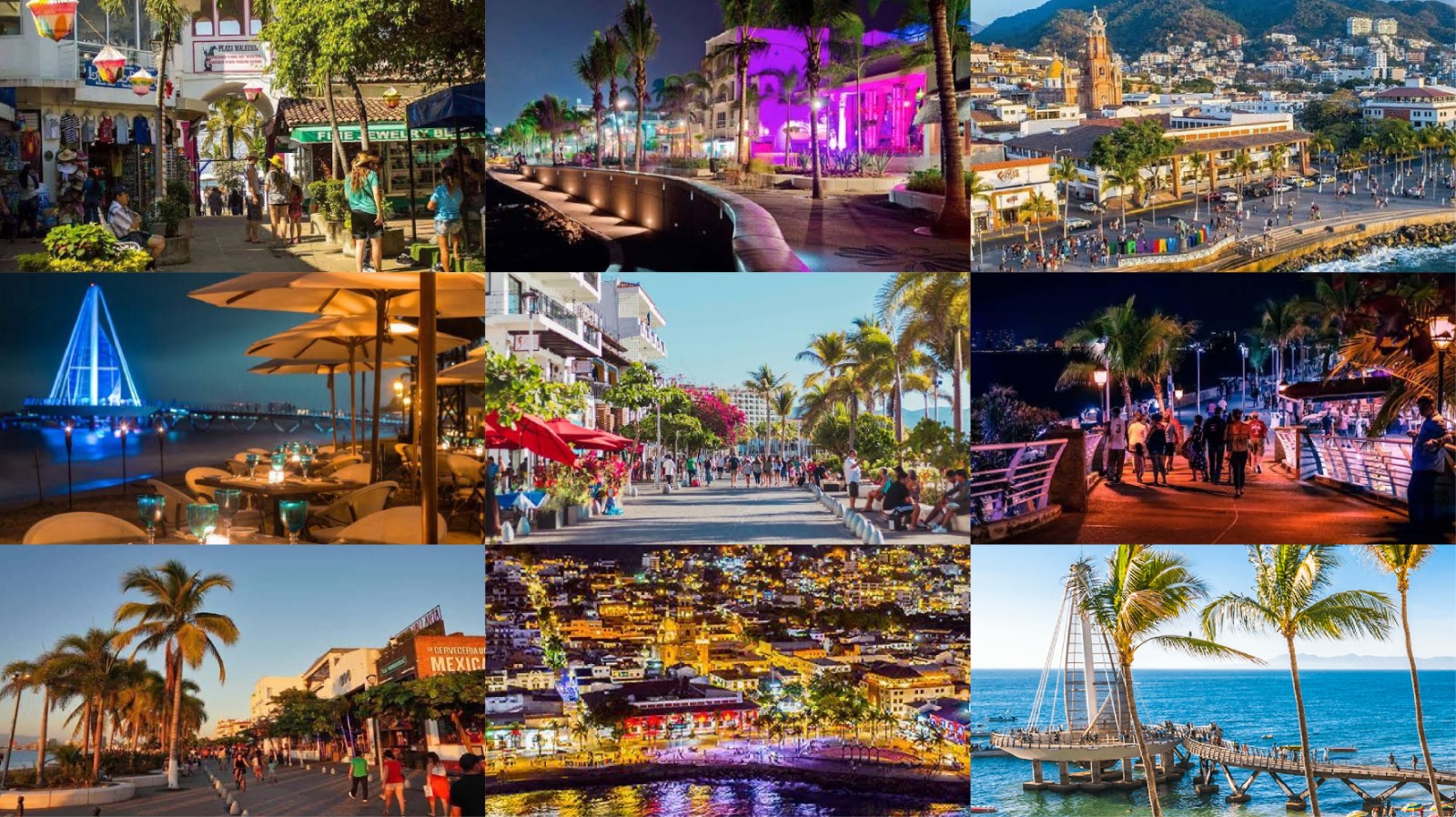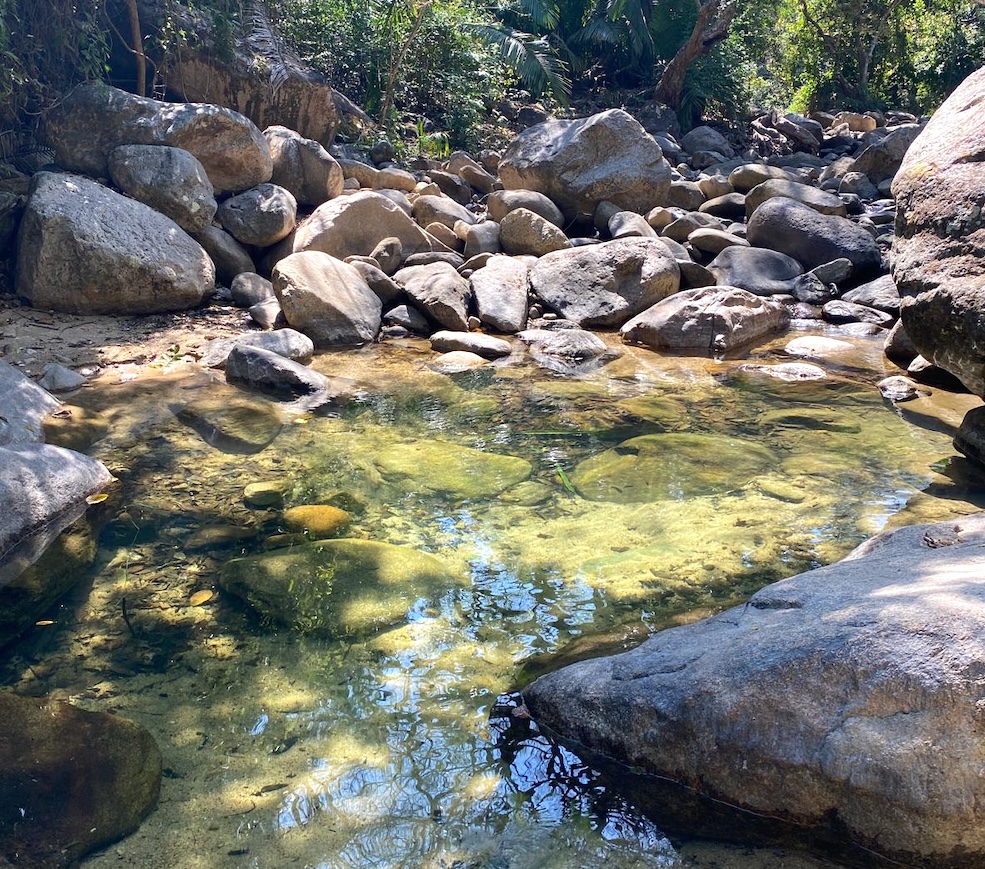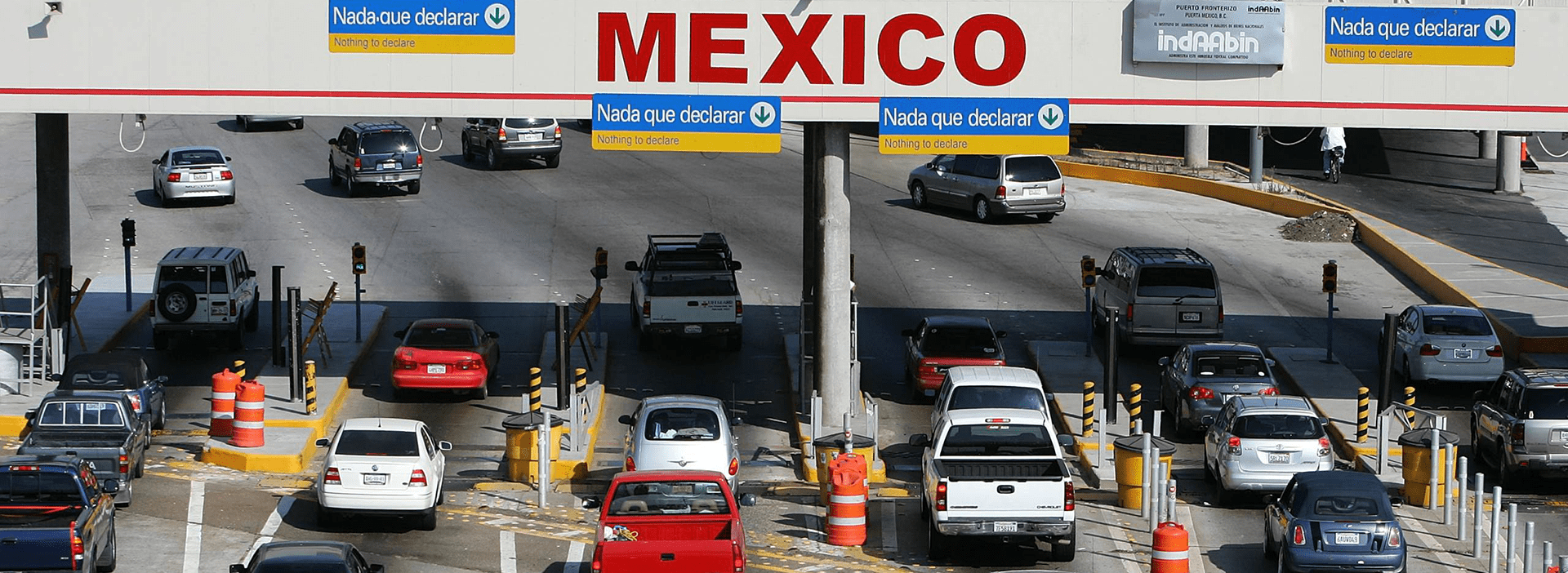If you’re heading to the U.S. from Puerto Vallarta (or anywhere abroad), now’s the time to brush up on the latest travel rules. The U.S. has recently ramped up enforcement of long-standing immigration and customs regulations—and travelers with past overstays, criminal records, or incomplete paperwork are at higher risk of being denied entry or detained.
Here’s a quick guide to help you stay informed and travel smart:
Increased Scrutiny at U.S. Borders
Border agents are under new pressure to enforce all entry rules. This means:
- If you’ve previously overstayed a visa or violated U.S. immigration laws—even if it wasn’t a big deal before—it could now lead to denial of entry.
- Foreign nationals with criminal records have seen a spike in detentions.
Countries Issuing U.S. Travel Advisories
Several nations have recently warned their citizens to exercise caution when traveling to the U.S.:
- UK, France, Ireland, Germany, Netherlands, New Zealand, Australia: Be vigilant about U.S. entry rules.
- Germany, Denmark, and Finland: Warn transgender travelers to consult a U.S. embassy before travel. The U.S. recently denounced all non-bianary genders. If your passport has an “X,” you may experience extra screening.
- Canada: Advises registration if staying in the U.S. for over 30 days.
Electronic Searches & Privacy at the Border
U.S. Customs and Border Protection (CBP) can legally search your electronic devices—including phones, laptops, and tablets—at the border. These searches help CBP enforce immigration and national security laws and may involve:
- Reviewing data without suspicion
- Retaining or sharing information with other federal agencies
- Examining communications, media, or business content
Check out the complete directive here.
Tips for travelers who don’t want their electronics searched.
Please note, however, IF you refuse to let CBP access your devices they can confiscate your devices or deny entrance. As reported by Apple News (source) on April 1, 2025, some courts have ruled you are not required to give them your passwords, however they can use your finger or face to open devices. Here are some other tips
- Turn your phone off before you enter the country which will require a password when turned back on.
- Deactive all biometric access to your phone.
- Download data and clear it from your devices before you travel.
- Use encription services.
- Purchase a burner phone for your trip.
Know Your Travel Status
If you’re a non-U.S. citizen, you can now access your arrival/departure record online: CBP I-94 website.
Traveling by land? Paper I-94s are gone. Use the CBP GO mobile app or I-94 site to apply you’reayou’ref you’re traveling under the Visa Waiver Program, you must have an approved ESTA before arrival: Apply for EST.A
Common U.S. Entry Questions
Be ready to answer the following clearly with short, confident answers. CBP agents do not like unclear or vague travel plans.
- Purpose of your visit?
- How long will you stay?
- Where will you be staying?
- Do you have a return ticket?
- What do you do for work?
- Who packed your bags?
- Are you traveling alone?
- Any criminal history?
- Have you visited the U.S. before?
Policy change: CHNV Parole Program
If you are from Cuba, Haiti, Nicaragua, or Venezuela, take note: the U.S. will end all categorical parole under the CHNV program as of April 24, 2025. This could impact your ability to stay or re-enter.
Don’t Protest in the U.S.
Just like in Mexico, foreigners in the U.S. are barred from political activity, including participating in protests or writing and speaking out against the administration. Violators risk detention, deportation, or denial of future entry.
Final Word
The U.S. isn’t changing its rules—it’s just enforcing them more strictly. If you’re visiting for tourism or family, double-check your documents, don’t overstay, and prepare for extra screening. When in doubt, consult an immigration attorney or your local embassy before you travel.
Safe travels—and keep your paperwork tight!


